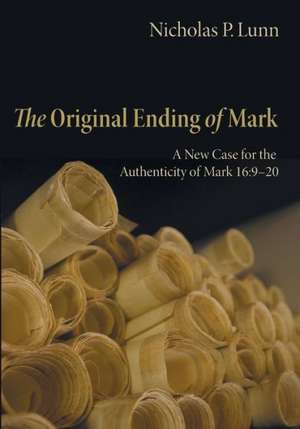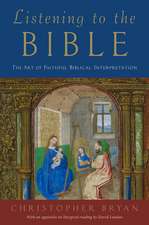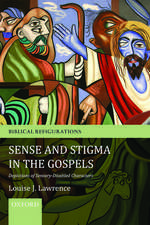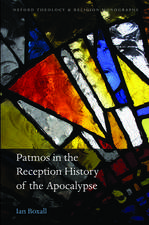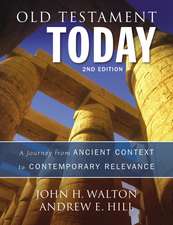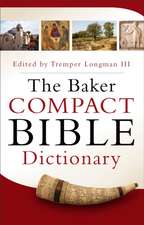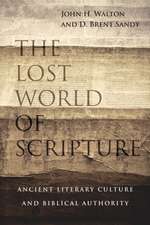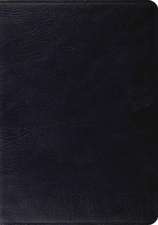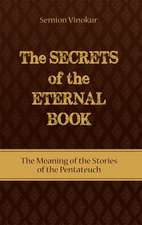The Original Ending of Mark
Autor Nicholas P. Lunnen Limba Engleză Paperback – 30 sep 2014
Preț: 324.32 lei
Nou
Puncte Express: 486
Preț estimativ în valută:
62.06€ • 64.93$ • 51.55£
62.06€ • 64.93$ • 51.55£
Carte tipărită la comandă
Livrare economică 03-17 aprilie
Preluare comenzi: 021 569.72.76
Specificații
ISBN-13: 9781625646286
ISBN-10: 1625646283
Pagini: 392
Dimensiuni: 175 x 249 x 23 mm
Greutate: 0.7 kg
Editura: Pickwick Publications
ISBN-10: 1625646283
Pagini: 392
Dimensiuni: 175 x 249 x 23 mm
Greutate: 0.7 kg
Editura: Pickwick Publications
Notă biografică
Nicholas P. Lunn is a Senior Translation Consultant with Wycliffe Bible Translators. He has worked on Old and New Testament translations in East African languages and is currently assigned to translation projects in Western Asia. He first studied for degrees in Biblical Studies and Semitic Languages at the University of Manchester and was later awarded his PhD in Hebrew at the London School of Theology.
